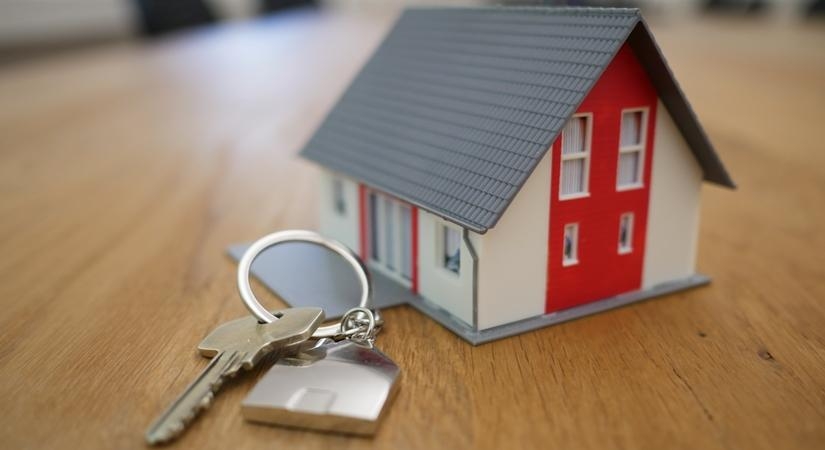BY SAMEER BHIDE*
In 2020, due to the pandemic, my visit to the motherland lasted 14 months. I had arrived in Mumbai, India just before the pandemic hit. I was unable to return to the US earlier as planned due to the havoc the pandemic wreaked, with an increased number of cases and deaths.
In India, too, cases were rising. International flights in India had not resumed then and didn’t for a while, and also, I was in the high-risk category, so I had to keep postponing my return plans. Before this trip, like many Indian immigrants, my visits were typically for two or three weeks, mainly for vacation and meeting friends and family. But this time, I had to spend 14 months in India. This was the first time I had spent so much time in India after moving to the United States 30 years ago.
A friend of mine joked, “If you add up all the time you spent visiting India over these years, it still wouldn’t add up to 14 months.”
Although I was with my loving family, and friends, and in the country I grew up in, familiar with the culture and language, I missed home – which was the United States. I was homesick.
A few years prior, I had also spent several months in India. Until then, I considered India my home. However, after this prolonged stay, I realized what home means to me– it wasn’t India, but rather the United States. As the saying goes, “Home is where your heart is,” and mine undeniably lived in the US. I longed for my home of 30 years, missing my friends, family, and the life I had built there. Previously, I often referred to the Washington DC area, where I resided, as “home away from home.” But now, it had become my home.
Even though most Indian immigrants like me have been in America for a very long time, most of them have not lost their ethnic identity. Most are proud of their identity and, at the same time, proud to be an American and to call the United States home.
To me, being different in how you look, talk, or dress doesn’t make you any less of an American. You don’t have to speak with an American accent or eat apple pie or a hamburger or do American things just to prove your American-ness. In the US, the best part is everyone is considered to have something about them that makes them stand out. The important thing is that for the most part everyone in the US is judged as an individual who has value and something to contribute to their society. My definition of home changed! My home was not India but my adopted country, the United States which had welcomed me with open arms even though I was ethnically and culturally different.
Then last year, I moved permanently back to India after 32+ years in the US for health reasons. Now, after being here for a year, I thought I would test if that definition has changed. It has not. So even though I am physically now in India forever, my heart is still in the US.
India will always be my motherland and my home always will be the US even though I don’t live there anymore. I will continue to follow the news, follow sports (NFL for sure), send in my absentee ballot etc., and at the same time enjoy my new life here and now have an opportunity to give back to my motherland in whatever way I can and also continue to give back to my homeland in some form.
Over the past three decades, I was the unofficial lobbyist/ambassador of India in the US making sure Americans understand India better and clear any misconceptions and misbeliefs. And now I am doing it in reverse – being a lobbyist/ambassador for America in India to make Indians understand America better and clear up any misconceptions and misbeliefs. I owe it to both these great nations whom I love. It is my small contribution to help my adopted land of so many years and my motherland come closer.
I am truly blessed to have been born in the land of Mahatma Gandhi and Swami Vivekananda and to have spent most of my adult life in the land of Abraham Lincoln and Martin Luther King and am extremely grateful to have experienced the kindness and generosity of people in both my homeland and motherland.
*About the author: Sameer Bhide lived in the US for 32+ years before moving back to his native India (Pune) in September 2022 for health reasons. Sameer grew up in Mumbai where he completed his bachelor’s degree in accounting. He then moved to the United States as an international student, completing his bachelor’s in management and an MBA. Then he worked for several global companies for more than two decades in Cleveland and Boston before settling down in Northern Virginia, outside of Washington DC.
Like many other immigrants, he had lived the American dream – great job, loving family, a beautiful house, and a sports car till that fateful day in January 2017 when his life changed forever. At the age of 47, he suffered a massive and extremely rare hemorrhagic brain stroke. He would require two different brain surgeries and spend the next month in a medically induced coma before he could even begin the years-long hard path to recovery, which is still ongoing. He feels extremely grateful to many of the hundreds of kind, generous, and compassionate caregivers, friends, colleagues, neighbors, and supporters from all walks of life and from diverse backgrounds in his adopted country and his motherland who helped him tremendously in his ongoing recovery. He feels truly blessed to be surrounded by these extraordinary people—some of whom were total strangers.





